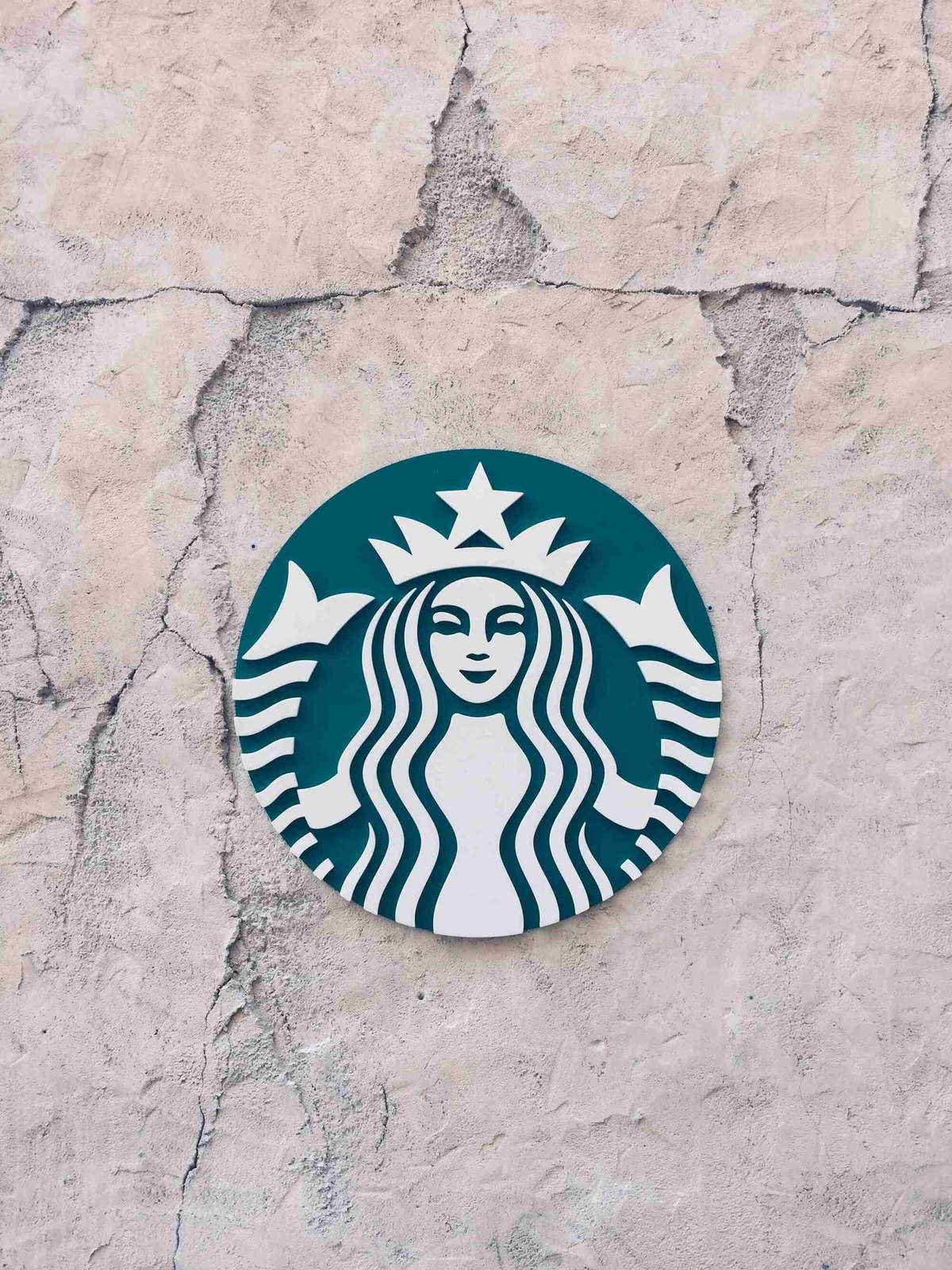
US: Starbucks introduces NFT loyalty program – But is there an appetite for NFTs among regulars?
Starbucks has launched a beta test of ‘Starbucks Odyssey’ – a blockchain-based loyalty program and NFT community, first announced in September 2022. The program will allow members access to various online and real-world experiences like virtual classes or trips to a Starbucks coffee farm.
But are current Starbucks customers keen on owning NFTs?
According to YouGov Profiles - which covers demographic, psychographic, attitudinal and behavioral consumer metrics – 24% of Starbucks’ consumers are “very likely” to subscribe to a loyalty program in the next 12 months, while 20% are “somewhat likely” to. Comparatively, 15% of the general US population is “very likely” to subscribe to a loyalty scheme in the coming 12 months, while 16% is “somewhat likely” to.
Apart from being more likely to subscribe to loyalty programs in the coming months, Starbucks’ current customers are also more likely than the general population to view owning digital assets like NFTs as an opportunity.
35% of Starbucks' current customers in the US agree with the statement that being able to own digital assets like NFTs, cryptocurrency, virtual property and land in the metaverse is a huge opportunity. The number is higher than the national average (31%)
With its customers more likely than the general population to see owning assets like NFTs as an opportunity, Starbucks’ latest NFT-centric web3 loyalty program might generate interest among its customers.
Explore our living data - for free.
Discover more retail content here
Want to run your own research? Start building a survey now
Make smarter business decisions with better intelligence. Understand exactly what your audience is thinking by leveraging our panel of 20 million+ members. Speak with us today.
Methodology: YouGov Profiles is based on continuously collected data and rolling surveys, rather than from a single limited questionnaire. Profiles data for the US is nationally representative and weighted by age, gender, education, region, and race. Learn more about Profiles.